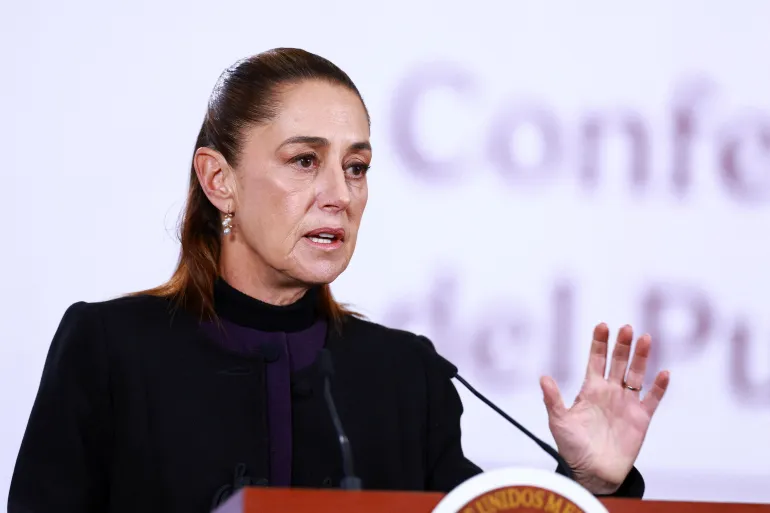Prime Minister Keir Starmer has secured parliamentary approval for a revised welfare reform bill despite mounting opposition from within his Labour Party.
The legislation, originally intended to cut Personal Independence Payments (PIP) and reduce health-related Universal Credit support, was scaled back after more than 120 Labour MPs threatened to vote against the tougher measures.
Under the newly negotiated terms, current PIP recipients will be safeguarded, and a formal review led by the Disability Minister will evaluate eligibility changes. Starmer emphasized that these adjustments would help balance the need for fiscal responsibility with protecting vulnerable citizens. The downsized reform package aims to reduce welfare spending by approximately £5 billion by 2029 without undermining essential disability support.
Despite these concessions, at least 35 Labour MPs remained dissatisfied, voicing concerns that the bill still places an unfair burden on disadvantaged groups. Critics within the party warned that the legislation could erode trust among core supporters ahead of upcoming local and national elections.
Starmer described the passage of the bill as a crucial test of leadership, affirming Labour’s commitment to responsible governance and integrity. He highlighted the importance of compromise in delivering pragmatic solutions while maintaining social safety nets. With the bill now law, the government will begin implementing changes next month alongside a comprehensive review process.
With input from Al Jazeera.










The latest news in your social feeds
Subscribe to our social media platforms to stay tuned